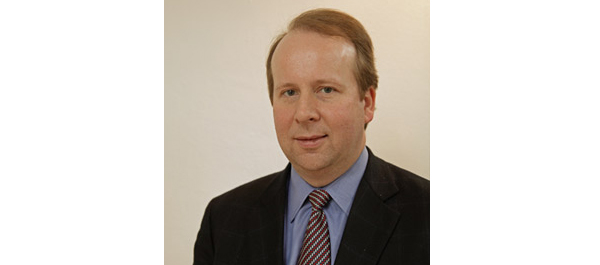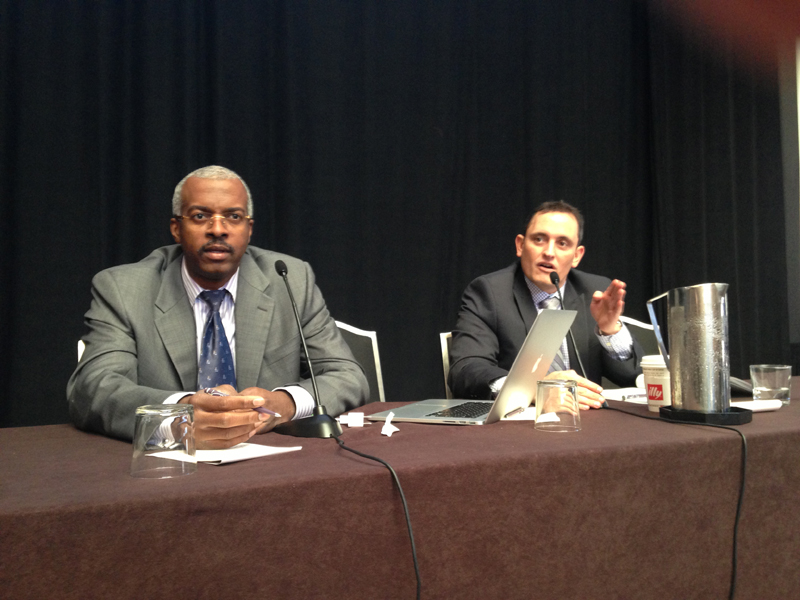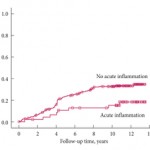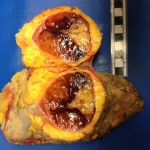What can a Society do to make you a better surgeon?
World Congress of Endourology 2013 — The Society of Urological Robotic Surgeons meeting report.
Jean Joseph and Erik Castle
Continuing this theme, Dr. James Borin (Baltimore, USA) reviewed the Fundamentals of Robotic Surgery curriculum in development from a collaborative effort. This would be a device independent curriculum that covers didactics, psychomotor skills, and team building. This is a huge effort with two grant mechanisms moving it along. It has been interesting to see this develop over the past decade, considering when robotics started, Intuitive would just fly in a proctor and pretty much managed training for the first few years. Now we will soon have a very specific set of requirements for new surgeons and their surgical teams.
Personally, I hope simulation improves in what it can offer a trainee. From my practice, with large numbers of fellow and resident trainees, I am stuck with the conflict between the high functioning trainees who say they just want live surgery training, and struggling trainees who say the simulation does not magically fix everything.
Next, Dr. Raju Thomas (New Orleans, LA), our meeting organizer/host, led a panel discussion on surgical complications. There is no way to blog about such an event as it is mostly video of an error — mostly impressive vascular injuries — followed by solutions and comments. These events are not to be missed, as you just cannot learn beyond your training and experiences without them — journals and book chapters can quote stats, but not the experience of having and fixing a complication. Most of the injuries related to vascular as noted, and patient positioning. I think the ideal steep Trendelenburg position technique needs more work. As audience members commented, there is something magic about 4 hours — longer than this and you risk complications including compartment syndrome if the patient slides down from the original position.
During the session, I was struck by the issue of surgical video quality. First, there is the problem with time — always needing to make a major point with a video in 1-2 minutes. How many seconds per edit? 5 seconds, 10, etc. Some segments are so choppy you have trouble following the flow of the video, but long segments take up so much time that you go over. I’ve had some success with using iMovie to speed up segments to 2X speed — looks as smooth and more content. Another issue is zoom level. With pictures we crop and zoom all the time to get the frame and highlight just right. But in video we cannot. So there were many fine segments of video where the camera was pulled back and the instruments are occupying over half of the screen, when what you needed to see should have been zoomed in. Moving forward, it would be an advance to be able to re-crop video like we do still images.
Koon Ho Rha
What about evidence based medicine?
Dipen Parek (Miami, USA) presented his randomized trial on open versus robotic radical cystectomy. The trial has 14 institutions and is accrued at 295 of 320 patients, so clearly is going to “make it”. It is a non-inferiority trial for oncologic outcomes. This will be a milestone in robotic surgery research and kudos to his team of investigators. Another randomized trial was presented at the 2013 AUA from Memorial Sloan Kettering. In this single site study the endpoint was lower complications for robotic. At the interim analysis there was no difference and the trial halted. These trials and the CORAL study in the UK will be rich for future discussions as to their design choices, findings, and impact on future clinical care. As Dr. Parek pointed out, in the future of medicine, it will be less about what a surgeon wants to do and more about what he/she is “allowed” to do.
At the SURS business meeting it was announced that Dr. Jim Porter (Seattle, USA) was named the President-Elect. Dr. Sundaram has 1 more year to go. It was discussed that the leadership of SURS would like more international involvement, including the possibility of SURS meetings occurring at other international meetings. Finally, Dr. Steven Nakada (Madison, USA) the secretary of the Endourology Society discussed that the Society will have a new vendor to run the meetings and website, so this may open new doors to social media, website content, etc.
John W. Davis, MD
Associate Editor, BJUI






Great blog John.
A video on how to make a high quality brief movie without compromising the message would be most helpful for BJUI readers and beyond.
What a great job, John. Always a pleasure seeing you and honored to be part of the discussion. Go BJU Int ! and wish to see you again in future meetings.
KH Rha
Yonsei Univ
Seou, Korea